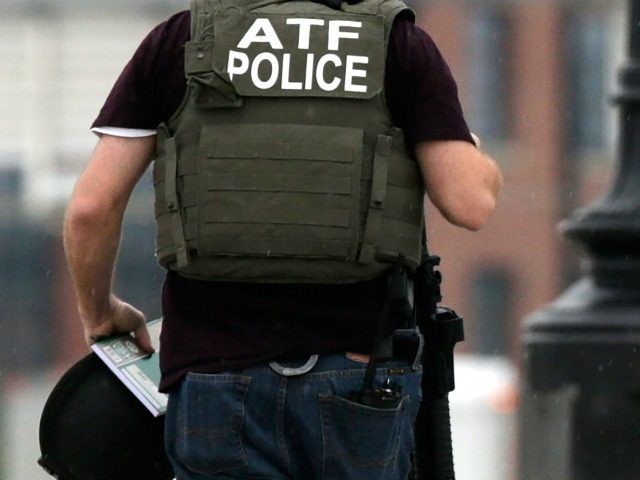The latest report from the Office of Inspector General (OIG) of the U.S. Department of Justice finds that the flawed “gun-tracking operations” associated with Fast and Furious persist and need to be changed.
This conclusion was presented in the report after examining five undercover ATF storefronts in Boston, Milwaukee, Pensacola, St. Louis, and Wichita.
The Hill summed up part of the report by showing the OIG’s emphasis on ATF’s failure to fix problems in the way it traces guns. Tracing was a huge problem during Fast and Furious (2009-2011), where the ATF ubiquitously planned to allow gun sales to straw purchasers for the purposes of tracing those guns as they were passed to Mexican cartel members. In reality, approximately 2,500 guns were bought by straw purchasers and only a handful were traced.
The report says the “ATF failed to devote sufficient attention to how it was managing its undercover storefront operations” and observes that the agency “needs to consolidate its storefront expertise and ensure that it is fully engaged in each operation.”
Pages 91 and 92 of the report showed that the ATF was lax in tracing firearms at these storefronts, but the the lax posture was due to ongoing program orders that need to be changed. The OIG report says:
We determined that ATF’s Firearms Enforcement Program Order, Order 3310.4C, which establishes ATF procedures for tracing firearms, does not require agents to perform traces on firearms taken into ATF’s custody “at the earliest time practicable,” as required in a memorandum issued by the President to all federal law enforcement agencies in January 2013. In addition, ATF’s Storefront Investigations Manual does not specify a time limitation or other 91 expectation concerning when agents should perform traces in storefront operations.
The OIG recommended the ATF make changes so that traces are run quickly: “ATF should modify its Firearms Enforcement Program Order to require agents to complete firearms traces ‘at the earliest time practicable.'”
More than 1,000 of the guns sold via Fast and Furious were never recovered but do continue to show up at Mexican crime scenes. Following a December 18, 2014, shootout in Puerto Peñasco, Mexico (Rocky Point), the ATF released a statement:
ATF has accepted responsibility for the mistakes made in the Fast and Furious investigation and at the attorney general’s direction we have taken appropriate and decisive action to ensure that these errors will not be repeated. And we acknowledge that, regrettably, firearms related to the Fast and Furious investigation will likely continue to be recovered at future crime scenes.
AWR Hawkins is the Second Amendment columnist for Breitbart News and political analyst for Armed American Radio. Follow him on Twitter: @AWRHawkins. Reach him directly at awrhawkins@breitbart.com.

COMMENTS
Please let us know if you're having issues with commenting.